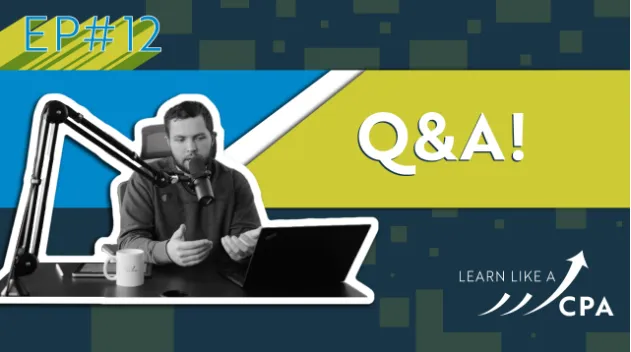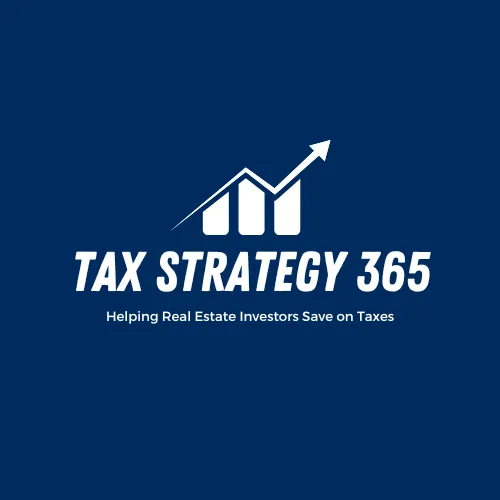Latest blogs and articles
Leading you to a better financial future.

Wealth Building Strategies and Tips in Real Estate Investing
Wealth Building Strategies and Tips in Real Estate Investing
One of the best ways to build wealth is to invest in Real Estate. If you googled the top 10 industries to invest in, you’d find real estate on the top 5 of the list on most of your search result links. In this article, we consider some parts of real estate investing that you should take note of when investing in this multibillion-dollar industry and tips for successful wealth generation.
Bookkeeping
Bookkeeping is how you keep track of your investments. You should be able to account for your expenses and income and determine the profitability of your real estate venture. You can do your bookkeeping yourself (DIY bookkeeping) if you’re new to real estate investing and only have one or two properties. However, if you have 5 or more properties, it’s advisable to have a bookkeeper which will save you a ton of time and energy.
You can use accounting software such as Stessa, which is free and best suited for family, residential and short rentals, to track and manage your properties’ performances. To use Stessa, create a Stessa account and link your business bank account/credit card to the account.
For efficient bookkeeping,
Make sure to reconcile your books monthly. do not wait until the end of the year (it is impossible to make decisions about your business if your books are not up to date).
Manage all receipts
Keep personal expenditures separately
Categorize your expenses
For large CAPEX, make sure to classify the asset properly (5 years, 7 years, 27.5/39 years, etc.)
Taxes in a Self-Directed IRA
With a self-directed IRA, you can directly invest in real estate. However, you should always use non-recourse debt when you want to buy a property with your IRA. This way, you’re your property turns a profit, you’ll only be subjected to an Unrelated Debt-Financed Income (UDFI), a tax based on the amount of debt used to finance the property.
Note that, unlike SDIRA, self-directed solo 401ks aren’t subject to UDFI.
What to Consider Before Accelerating depreciation
Accelerating depreciation speeds up your tax deductions to the current year instead of pushing them off. It is important to consider the following factors before deciding to accelerate your depreciation:
How much taxable rental income you’ll have this year and what’s your projection for the next few years?
Your current tax bracket compared to next year
Will you buy more properties in the near future? If you will, you can accelerate depreciation on those properties
Accelerated depreciation recognizes the depreciation expenses which are generally higher in the first years. In the later years, when there’s little to no depreciation, the taxable income is higher. Make sure to analyze your situation properly and according before accelerating your depreciation.
15 years vs 30 years Mortgage on Primary Residence
Whether to spread your mortgage over 15 years or over 30 years should be a calculated and logical decision. However, the decision is often as emotional as it is logical. On the one hand, you could pay it early and be free of all mortgage obligations, fully owning your home. on the other hand, you could make it a long-term obligation which allows you to make more financial investments and commitments.
A $300,000 loan at a 3.5% interest rate monthly payment is $1,347. The Total Interest Paid over the loan would be $184,968. However, a $300,000 loan at a 3% interest rate monthly payment is $2,071. The Total Interest Paid over the is loan would $72,914. The difference between paying a 3.5% and a 3% interest is $112,000!
However, if you invest the $724 you have by paying 3% instead of 3.5% monthly for 30 years at 10%, you’ll have $1,429,000 at the end. From a financial standpoint, the numbers are going to make sense but from an emotional standpoint, there are a lot of factors at play.
Always endeavor to make this decision with a balance of your emotions and a calculation of your financial state.
Wealth Building Strategies and Tips in Real Estate Investing
Join my Facebook group with over 9,000 real estate investors!

Choose Your Journey to Tax Excellence
Journey 1
Building a Tax Advisory & Consulting Practice
Scale, streamline, and systemize your advisory business.
Turn compliance clients into year-round advisory opportunities while mastering operational efficiencies for sustainable growth. This track covers pricing, hiring, marketing, and client engagement essentials to help you build a practice you love.
WHAT YOU’LL LEARN:
Crafting solid engagement letters and pricing models.
Transforming compliance clients into year-round
partners.
Marketing
strategies that drive consistent growth.
Recruiting and training the right team to scale your business.
Bonus:A Power Checklist for the ultimate year-end tax planning session.
Journey 2
Tax and Legal Foundations: Core Strategies for All Levels
Master the fundamentals that drive financial success.
Perfect for business owners and advisors, this track delivers essential insights on asset protection, tax planning, estate strategies, and IRS compliance.
WHAT YOU’LL LEARN:
Unlock estate planning with Revocable Living Trusts.
Maximize retirement savings through Solo 401(k) plans.
Real estate strategies: Short-term, long-term, and self-rentals.
Learn asset protection that actually works.
Navigate IRS resolution with confidence and ease.
Journey 3
Advanced Insights: Unlock Complex Tax Strategies
Top-tier strategies for high-value clients.
Designed for experienced professionals, this track offers in-depth guidance on prime tax strategies, entity structuring, and payroll solutions. Gain the insights needed to handle complex business scenarios with confidence.
WHAT YOU’LL LEARN:
Report multi-entity structures with Forms 1065 & 1120S.
Maximize tax savings using Bonus Depreciation & Section 179.
Seamlessly relocate clients to tax-free states.
Navigate business sales and acquisitions smoothly.
Use 105 Plans to save clients on healthcare costs.

2024 Learn Like A CPA. All rights reserved.